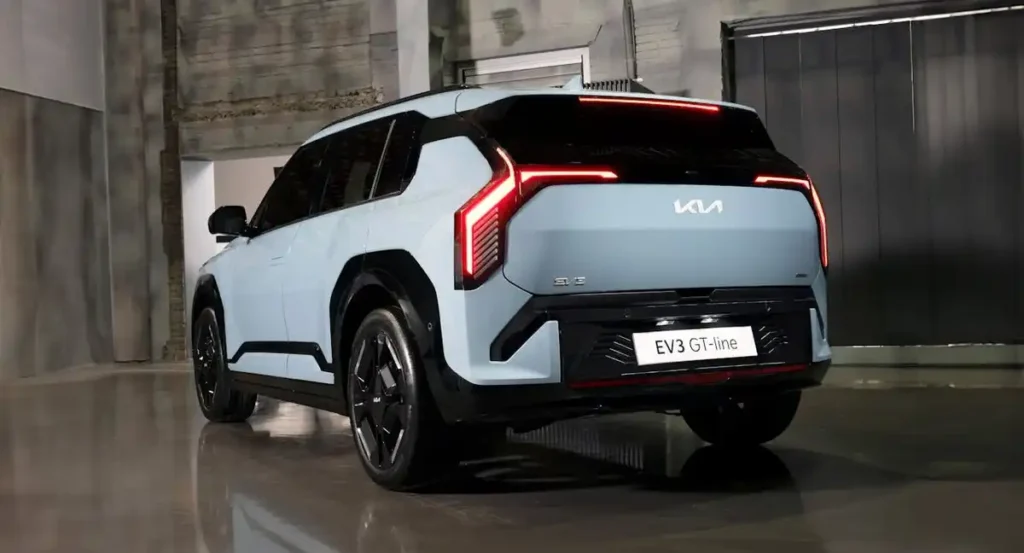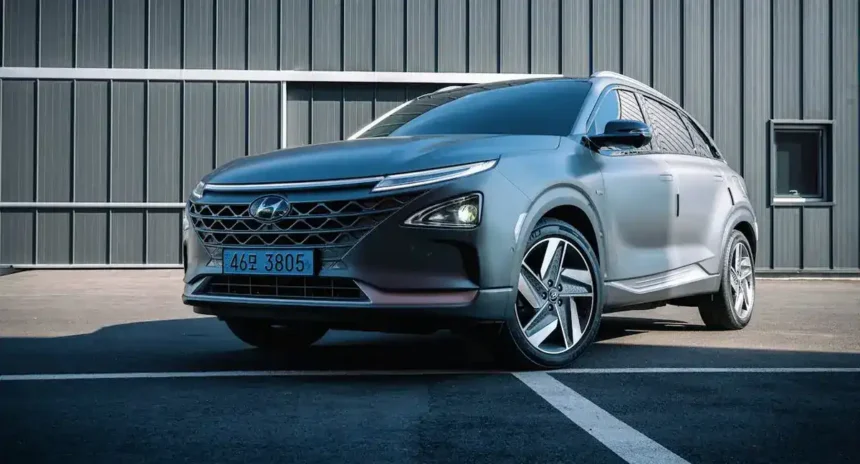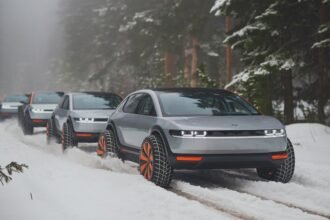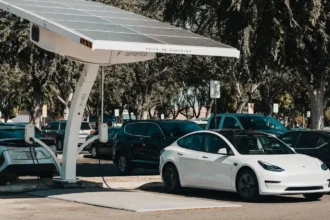As the world shifts towards greener technologies, the automotive industry is at the forefront of innovation. With increasing concerns about carbon emissions and climate change, traditional fuel sources are being reassessed, paving the way for alternative energy solutions. Among these, hydrogen fuel cell cars are gaining attention as a promising option for sustainable transportation. This article explores the future of hydrogen fuel cell cars, their benefits, challenges, and what they mean for the automotive landscape in 2024.
Understanding Hydrogen Fuel Cell Technology
Hydrogen fuel cells generate electricity through a chemical reaction between hydrogen and oxygen. The main components include an anode, a cathode, and an electrolyte membrane. When hydrogen gas enters the anode, it splits into protons and electrons. The protons pass through the membrane, while the electrons travel through an external circuit, creating an electric current. At the cathode, the protons, electrons, and oxygen from the air combine to produce water and heat, making this process both efficient and environmentally friendly.
Benefits of Hydrogen Fuel Cell Cars
- Zero Emissions: One of the most significant advantages of hydrogen fuel cell vehicles (FCVs) is that they emit only water vapor. Unlike traditional combustion engines, they do not produce harmful pollutants, making them an excellent choice for reducing air pollution.
- Quick Refueling: Hydrogen fuel cell cars can be refueled in just a few minutes, similar to conventional gasoline vehicles. This quick turnaround time is a major advantage over battery electric vehicles (BEVs), which often require longer charging times.
- Extended Range: Hydrogen FCVs typically offer a more extended driving range compared to battery electric vehicles. Many models can travel over 300 miles on a single tank of hydrogen, making them suitable for long-distance travel.
- Sustainability: Hydrogen can be produced from various renewable sources, including water, natural gas, and biomass. As technology advances, the potential for creating a hydrogen economy using green energy sources increases.
- Energy Efficiency: Hydrogen fuel cells are generally more energy-efficient than combustion engines. They convert chemical energy directly into electrical energy, minimizing energy loss.
Current Landscape of Hydrogen Fuel Cell Cars

In recent years, several automakers have begun to invest in hydrogen fuel cell technology. Companies like Toyota, Hyundai, and Honda have already launched commercial hydrogen fuel cell cars, such as the Toyota Mirai and Hyundai NEXO.
Leading Hydrogen Fuel Cell Cars in 2024
| Model | Manufacturer | Range | Refueling Time | Starting Price |
|---|---|---|---|---|
| Toyota Mirai | Toyota | 402 miles | 5 minutes | $49,500 |
| Hyundai NEXO | Hyundai | 380 miles | 5 minutes | $58,000 |
| Honda Clarity Fuel Cell | Honda | 360 miles | 3-5 minutes | $59,000 |
Challenges Facing Hydrogen Fuel Cell Cars
Despite their benefits, hydrogen fuel cell cars face several challenges that may hinder widespread adoption.
- Infrastructure Development: The lack of hydrogen refueling stations is one of the most significant barriers to the growth of FCVs. As of now, there are only a limited number of stations in the USA, primarily concentrated in California. For hydrogen cars to gain traction, a nationwide refueling network must be established.
- Production and Distribution: While hydrogen can be produced from various sources, the most common method today involves natural gas reforming, which emits CO2. Developing greener methods of hydrogen production, such as electrolysis using renewable energy, is crucial to making hydrogen truly sustainable.
- Cost of Technology: Hydrogen fuel cell technology is still relatively expensive compared to traditional vehicles and battery electric vehicles. The cost of fuel cells, hydrogen production, and infrastructure development needs to decrease for broader adoption.
- Consumer Awareness: Many consumers remain unaware of hydrogen fuel cell technology and its benefits. Public perception and education are essential for the growth of this market.
Future Outlook: Hydrogen Fuel Cell Cars in 2024 and Beyond
The future of hydrogen fuel cell cars looks promising, especially as automakers and governments worldwide focus on reducing greenhouse gas emissions. Major automotive manufacturers are investing heavily in research and development, aiming to improve fuel cell efficiency, reduce costs, and expand infrastructure.
Key Trends in Hydrogen Fuel Cell Vehicles
- Collaboration and Partnerships: Automakers are forming partnerships with energy companies to expand hydrogen production and distribution networks. Collaborative efforts will help address infrastructure challenges and reduce costs.
- Innovations in Fuel Cell Technology: Research is ongoing to develop more efficient fuel cells, which will improve the performance and cost-effectiveness of hydrogen cars.
- Government Support: Many governments are introducing incentives and subsidies to promote hydrogen technology. This support is crucial for encouraging consumer adoption and investment in infrastructure.
- Integration with Other Technologies: The integration of hydrogen fuel cells with battery electric vehicles (known as hydrogen hybrid systems) could combine the strengths of both technologies, offering improved efficiency and flexibility.
FAQs About Hydrogen Fuel Cell Cars
Q1: How do hydrogen fuel cell cars work?
A1: Hydrogen fuel cell cars generate electricity through a chemical reaction between hydrogen and oxygen, producing water as the only emission.
Q2: Are hydrogen fuel cell cars environmentally friendly?
A2: Yes, they emit only water vapor and have the potential to be powered by renewable hydrogen sources, making them a sustainable choice.
Q3: How long does it take to refuel a hydrogen car?
A3: Refueling a hydrogen fuel cell car typically takes about 3 to 5 minutes, similar to conventional gasoline vehicles.
Q4: What are the main challenges facing hydrogen fuel cell cars?
A4: Key challenges include the lack of refueling infrastructure, production costs, consumer awareness, and the need for sustainable hydrogen production methods.
Q5: Are hydrogen fuel cell cars available in the USA?
A5: Yes, several models are available in the USA, primarily in states like California, where hydrogen refueling stations are more accessible.
Conclusion
Hydrogen fuel cell cars present a promising avenue for sustainable transportation, offering zero emissions, quick refueling, and extended range. As technology advances and infrastructure develops, hydrogen vehicles could play a vital role in the future of the automotive industry. The transition to a hydrogen-powered economy will require collaboration among automakers, energy companies, and government entities to overcome existing challenges and realize the full potential of this innovative technology.
In 2024 and beyond, hydrogen fuel cell cars may not just be an alternative but could be the next big thing in the automotive world.








